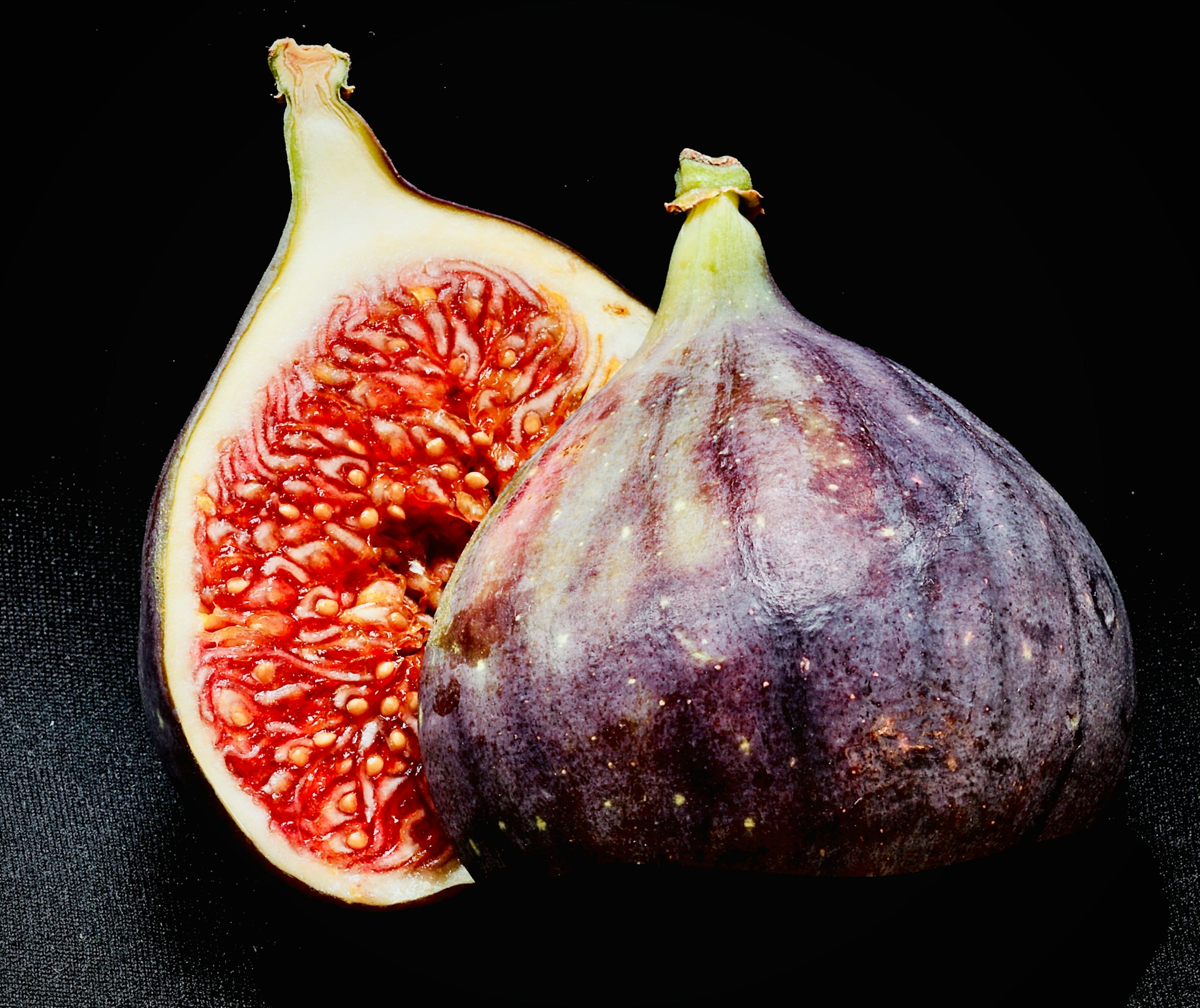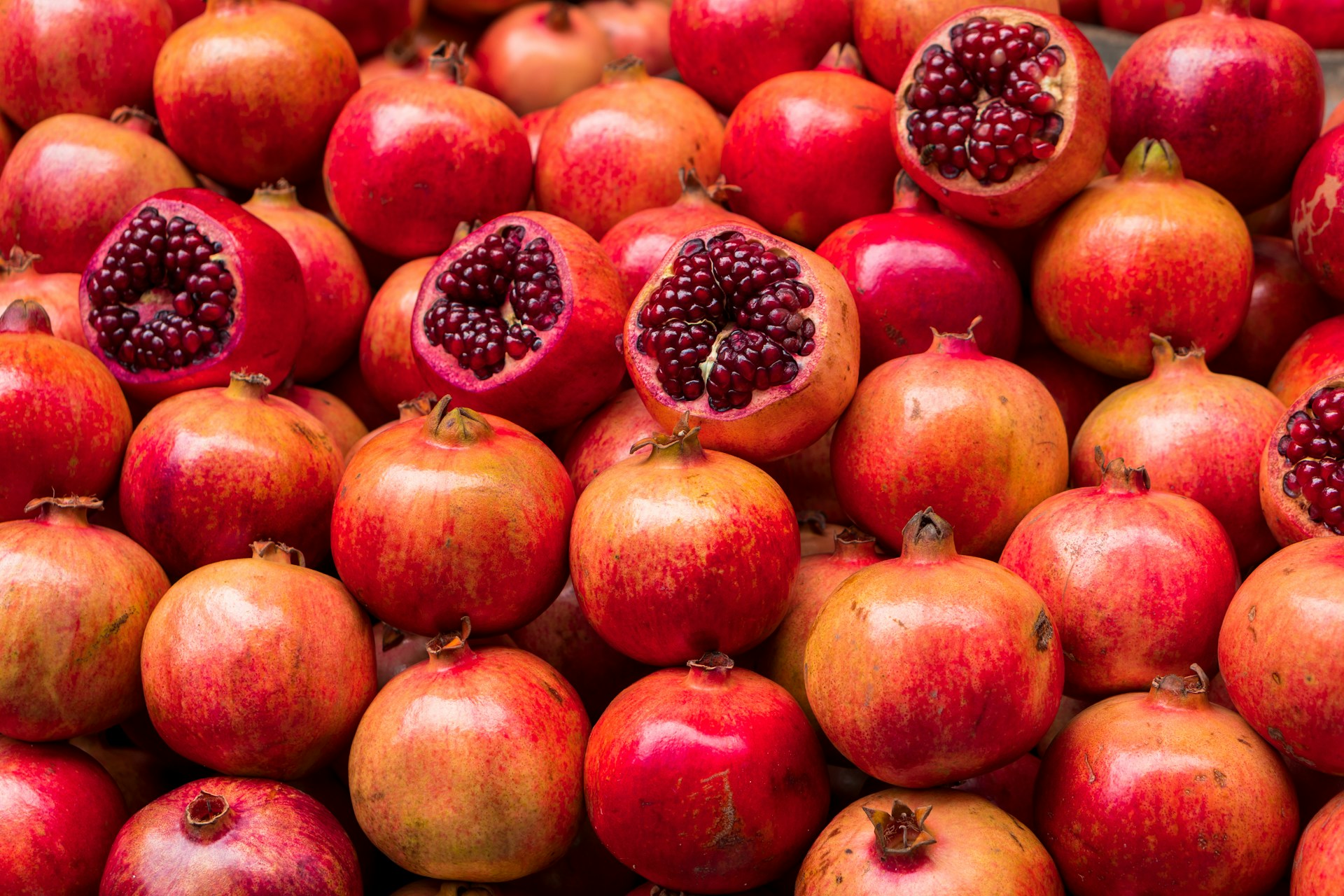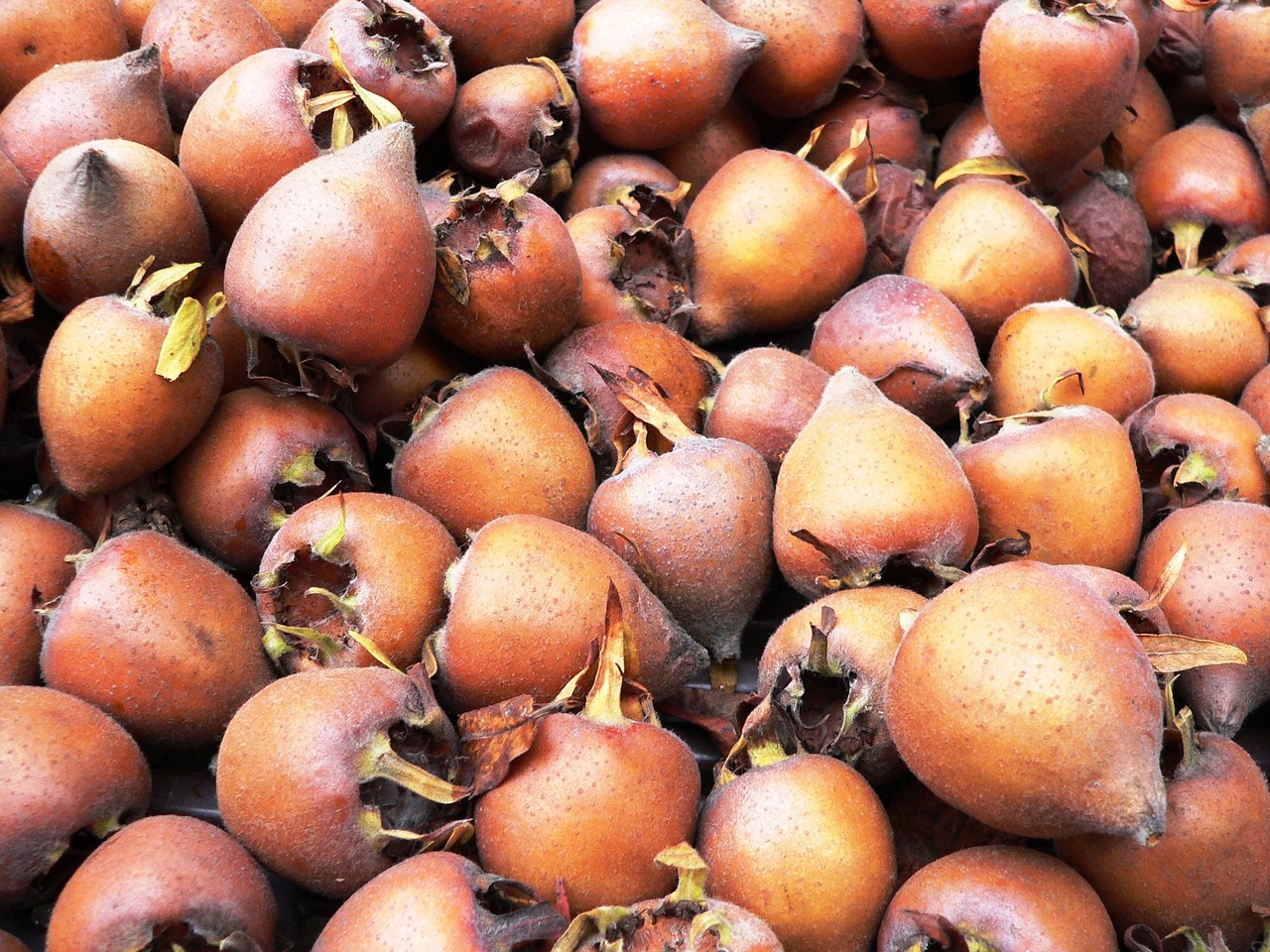5 Health Benefits of Eating Pumpkin
Pumpkin is more than just a decorative fall decoration – it’s a true superfood that offers numerous health benefits. This food is rich in vitamins, minerals, and antioxidants that strengthen immunity and improve general health.
Its low-calorie content makes it ideal for anyone who wants to maintain a healthy body mass. Pumpkin is also known for its anti-inflammatory properties, which can help reduce the risk of various diseases. By including pumpkin in your diet, you can improve heart health and promote healthy skin.
-
It improves heart health
Pumpkin is an excellent source of potassium, a mineral that is key to maintaining electrolyte balance in the body and regulating blood pressure. Potassium helps to reduce the negative impact of sodium, which contributes to the health of the cardiovascular system.
Regular consumption of pumpkin can reduce the risk of hypertension, thereby reducing the possibility of heart attack and stroke. Also, the fiber present in pumpkin helps to reduce the level of bad cholesterol in the blood, which contributes to the health of the blood vessels. This combination of fiber and minerals makes pumpkin the perfect heart-healthy food.

-
It protects the vision
Pumpkin is extremely rich in beta-carotene, an antioxidant that is converted to vitamin A in the body. Regular consumption of pumpkin can reduce the risk of macular degeneration, a disease that is one of the leading causes of blindness in the elderly.
-
It strengthens immunity
Pumpkin is rich in vitamins A and C, which play a key role in strengthening the immune system. Vitamin A helps the body fight infections by maintaining healthy mucous membranes, which are the body’s first line of defense against microorganisms. Vitamin C, on the other hand, stimulates the production of white blood cells, which are crucial for defending the body against pathogens.
Regular consumption of pumpkin can reduce the duration and severity of colds and improve the body’s general resistance to infections. The antioxidants present in pumpkin also help protect the body from oxidative stress, which can weaken immunity.
-
Pumpkin contributes to healthy skin
Pumpkin contains vitamin C, vitamin E, and beta-carotene which play an important role in skin health. Our body does not produce vitamin C, so it is important to get it through the diet because it participates in the formation of collagen, heals bruises, and helps wounds heal faster.
On the other hand, vitamin E acts together with vitamin C as protection from the sun’s rays and against dryness of the skin. Beta-carotene also protects the skin from the sun’s rays and sunburn, although sunscreen is still necessary. To consume pumpkin regularly, you can add pumpkin seeds to your meals or snacks.
-
It increases serotonin
Researchers claim that 80% of people suffer from serotonin deficiency. Pumpkin is a food that contains the amino acid – tryptophan. Namely, tryptophan is converted into serotonin, and serotonin is the neurotransmitter that helps you calm down, relax, and fall asleep more easily.
Therefore, you need to produce natural serotonin, and one way to do that is through this typical diet. Pumpkin is easy to prepare and can make pasta sauce or salad dressing.
Conclusion
There are many ways to eat more pumpkins. Preparing fresh pumpkin at home will give you the most health benefits in addition to the fresh smell, but canned pumpkin is also a great choice. According to the above, pumpkin retains many of its health benefits in the canning process.














Post Comment